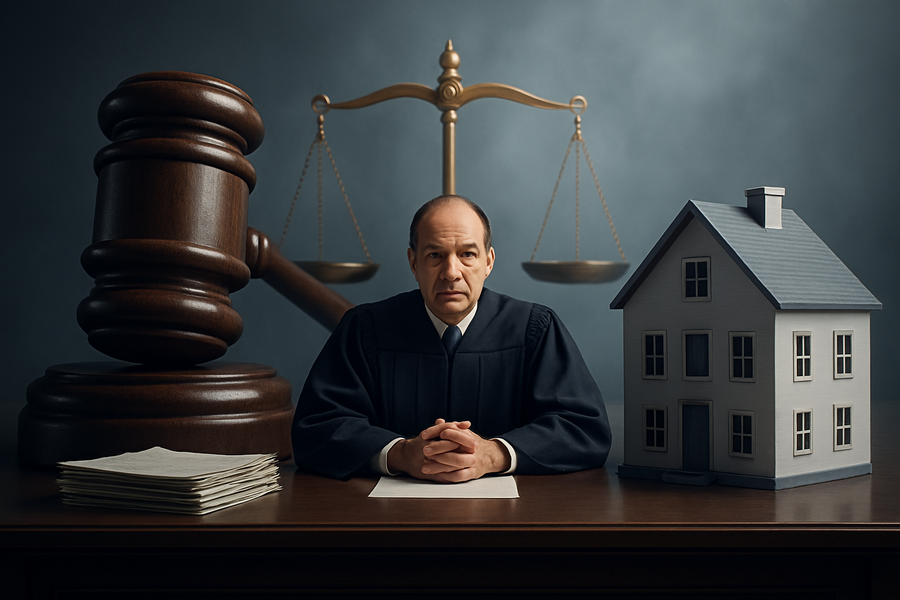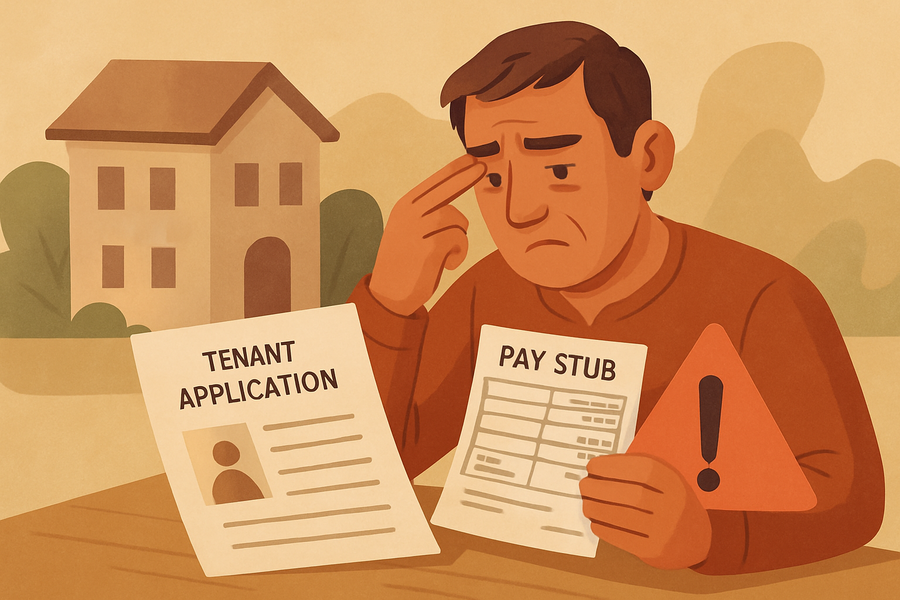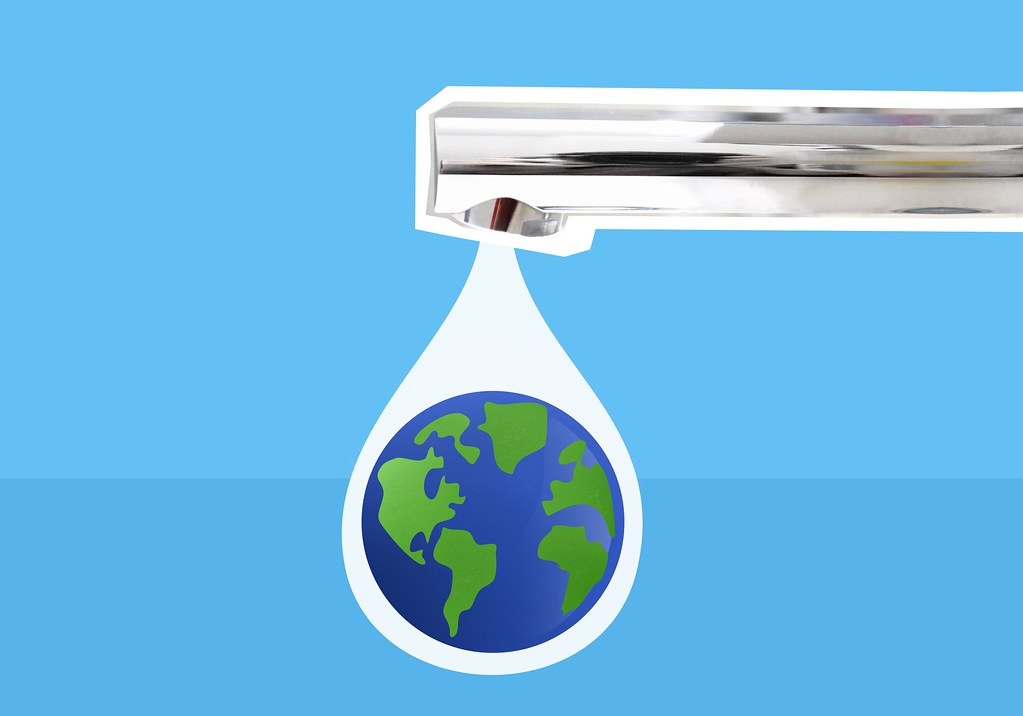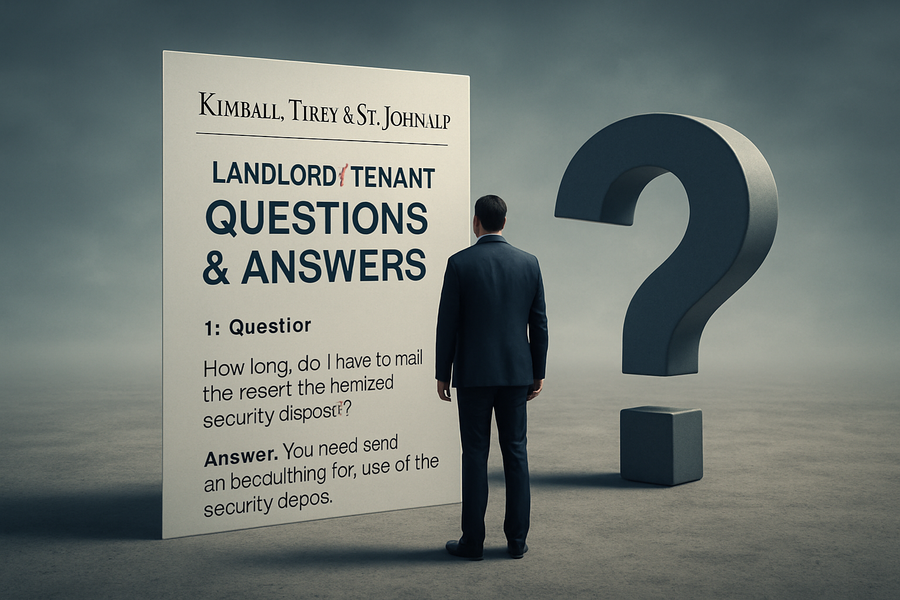A basic guide to landlord and tenant responsibilities
 Who’s responsible for what in a tenant/landlord relationship?
Who’s responsible for what in a tenant/landlord relationship?
I have my fair share of crazy landlord stories. I once had a tenant who wanted to move out a month after moving in. The question was: did they need to abide by the lease even though it just started? A year later, I had a tenant file a lawsuit because they believed damage in the unit was the landlord’s responsibility. So, who was right in each of these scenarios? What responsibilities did each party have?
We are going to dive into the not so fun, but always relevant, topic of responsibility. Laws vary between states, and even cities, so pay particular attention to your jurisdiction’s laws. Additionally, the lease will have specific rights outlined that must be obeyed. To learn specific landlord/tenant laws by state, visit this comprehensive guide.
Top 5 debated tenant/landlord responsibilities
1. Security deposit
Landlords are responsible for returning security deposits, usually within 15-45 days of the move-out date, but this varies by jurisdiction, so be sure to know yours. Landlords who own between 10 and 25 units or more often need to hold the security deposit in an interest bearing account. This also varies by state.
If the landlord is withholding any of the security deposit for loss of rent or damage costs, an itemized list needs to be sent to the tenant within the legal time frame for your jurisdiction. What happens if a landlord ignores this law? They can owe the tenant twice the security deposit plus court fees.
Related: What to do if your landlord wrongfully kept your security deposit
2. Lease termination notice
Occasionally, tenants need to break a lease for various reasons. Whether moving out of state or fighting with a roommate, the law needs to be followed. Annual leases lapse on the date listed in the lease. Although, state-by-state the laws vary, and you might need to give notice that you will not be renewing.
When ending a lease early, additional issues arise. The lease generally outlines requirements for breaking a lease; however, a rule of thumb is that the tenant is responsible for the rent until either the end of the lease or a new tenant takes over the lease, whatever happens first.
Monthly leases, in general, require 30-days’ notice from the date rent is due.
So what happened with my tenant who wanted to move out a month after moving in? When that tenant wanted to break the lease so soon, we went by the lease agreement. The tenant paid a fee to have the unit re-listed and was responsible for the rent until new tenants signed a lease.
Related: Can my tenant break the lease?
3. Damage responsibility
The party responsible for rental property damage is a touchy subject, and the reason is clear. The answer is not cut and dry. The general understanding is that the tenant is not responsible for normal wear and tear but is responsible for the damage they have caused. The question is: what is normal wear and tear?
Normal wear and tear falls within these categories:
- Minor paint damage
- Faded or worn carpets
- Faded lamp and window coverings
- Lightbulb replacements
- Rust or mold in the bathroom
- Smelly garbage disposal
As you can see, normal wear and tear are items that would have happened if anyone was was living in the unit; you, your tenant, your mom, your mom’s tenant, etc.
However, more extensive damage is the tenant’s responsibility, such as:
- Broken window coverings
- Holes in the wall
- Pet damage
- Broken items—doors, windows, appliances
- Unapproved decor
And here’s what happened with my tenants who thought damage in the unit was my responsibility: When my tenants sued us over the definition of normal wear and tear, the judge decided that all damage above the wear of general use was considered damage that needed to be repaid. Something to note: the judge did not allow us to charge based on quotes to repair damage, only repair receipts.
Related: The ultimate guide to normal wear and tear
4. Habitability
Landlords have a responsibility to provide a habitable place for their tenants to live. But what does habitability mean? Habitability means a safe and healthy environment. Plumbing, electricity, heating, and (in some areas) cooling need to be in working order. Doors and locks must be working correctly. The structure needs to be sound.
Landlords are required to:
- Ensure the building structure is intact
- Maintain common areas
- Keep utilities in working order
- Remove rodent infestations
- Manage environmental hazards
Related: 9 maintenance issues tenants are responsible for
5. Utilities
The party responsible for utilities can be complicated to determine. While landlords have the right to require tenants to pay for their own utilities, the renter has the right to working utilities to meet “habitability” requirements.
A good course of action is to have a solid lease with clear responsibilities. The lease must outline who is responsible for paying utilities. Many utility companies have landlord provisions. A landlord can contact a utility company and set it up so if a tenant does not pay the bill, the landlord is notified. This way, the utilities won’t be turned off for nonpayment, and the landlord can avoid frozen pipes or a lawsuit for a rental property that is not habitable. The landlord can then bill the tenant for the nonpayment, and there should be a provision in the lease for utility nonpayment and associated fees.
In conclusion
While I have acquired some crazy landlord stories during my years in the industry, they have each taught me something new. I became an expert in my local jurisdiction’s rental laws and became better able to protect myself in the future. When taking on a new tenant and lease, re-examine your lease and make sure that the responsibilities are legal and clearly outlined so there are no gray areas. Gray areas are the cause of many landlord and tenant headaches.
I’d love to hear your landlord-tenant stories. Feel free to leave them in the comments below.









